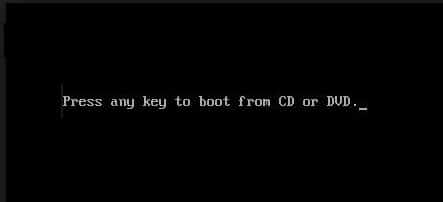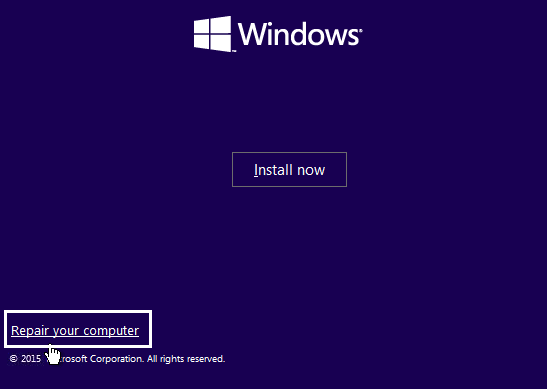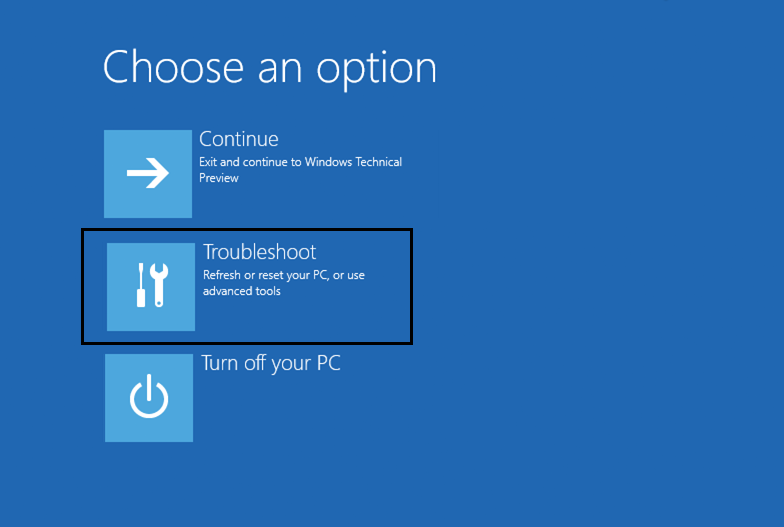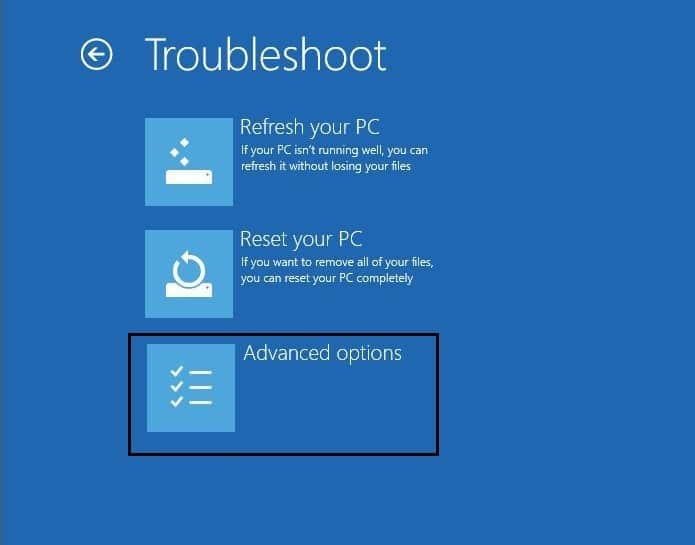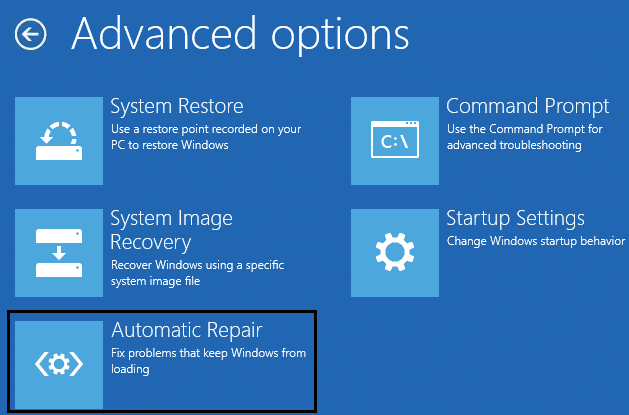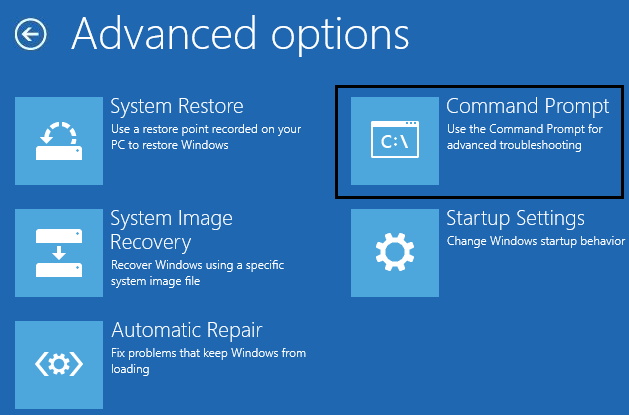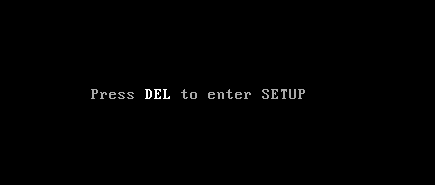Corrupted BCD information System File is damaged. Loose or faulty SATA/IDE Cable Conflicting 3rd party software Virus or malware
The error which you will get after a reboot will be: Error: Windows failed to start. A recent hardware or software change might have caused the issue after you install Windows Updates The main problem is that you won’t boot into Windows and you will be stuck at this error message screen. In short, you will be inside a reboot loop as every time you restart your PC you will again face the same error message until you fix the issue. So without wasting any time let’s see how actually to Fix “Windows failed to start. A recent hardware or software change might be the cause” with the below-listed troubleshooting steps.
Fix Windows failed to start. A recent hardware or software change might be the cause.
Method 1: Run Startup/Automatic Repair
- Insert the Windows 10 bootable installation DVD or Recovery Disc and restart your PC.
Fix Windows failed to start. A recent hardware or software change might be the cause. Method 1: Run Startup/Automatic Repair Method 2: Boot into Last Known Good Configuration Method 3: Perform a System Restore Method 4: Run SFC and CHKDSK Method 5: Rebuild BCD configuration Method 6: Set Correct Boot Order
When prompted to Press any key to boot from CD or DVD, press any key to continue.
Select your language preferences, and click Next. Click Repair your computer in the bottom-left.
On choose an option screen, click Troubleshoot.
On Troubleshoot screen, click the Advanced option.
On the Advanced options screen, click Automatic Repair or Startup Repair.
Wait till the Windows Automatic/Startup Repairs complete.
Restart and you have successfully Fix Windows failed to start. A recent hardware or software change might be the cause, if not, continue. Also Read: How to fix Automatic Repair couldn’t repair your PC.
Method 2: Boot into Last Known Good Configuration
Before going any further let’s discuss how to Enable Legacy Advanced Boot Menu so that you can easily get Boot Options: 1. Restart your Windows 10. 2. As the system restarts enter into BIOS setup and configure your PC to boot from CD/DVD. 3. Insert the Windows 10 bootable installation DVD and restart your PC. 4. When prompted to Press any key to boot from CD or DVD, press any key to continue. 5. Select your language preferences, and click Next. Click Repair your computer in the bottom-left.
On choose an option screen, click Troubleshoot.
On Troubleshoot screen, click the Advanced option.
On Advanced options screen, click Command Prompt.
When the Command Prompt(CMD) open type C: and hit enter.
Now type the following command:
And hit enter to Enable Legacy Advanced Boot Menu.
Close Command Prompt and back on the Choose an option screen, click Continue to restart Windows 10.
Finally, don’t forget to eject your Windows 10 installation DVD to get Boot options.
On the Boot Options screen, choose “Last Known Good Configuration (Advanced).”
Method 3: Perform a System Restore
Put in the Windows installation media or Recovery Drive/System Repair Disc and select your language preferences, and click Next
Click Repair your computer at the bottom.
Now, choose Troubleshoot and then Advanced Options.
Finally, click on “System Restore” and follow on-screen instructions to complete the restore.
Restart your PC to save changes and see if you can fix Windows failed to start. A recent hardware or software change might be the cause error.
Method 4: Run SFC and CHKDSK
Again go to command prompt using the method 1, click on command prompt in the Advanced options screen.
Type the following command in cmd and hit enter after each one: Note: Make sure you use the drive letter where Windows is currently installed. Also in the above command C: is the drive on which we want to check disk, /f stands for a flag which chkdsk the permission to fix any errors associated with the drive, /r let chkdsk search for bad sectors and perform recovery and /x instructs the check disk to dismount the drive before beginning the process.
Exit the command prompt and restart your PC.
Method 5: Rebuild BCD configuration
Using above method open command prompt using Windows installation disk.
Now type the following commands one by one and hit enter after each one:
If the above command fails, then enter the following commands in cmd:
Finally, exit the cmd and restart your Windows.
This method seems to Fix Windows failed to start. A recent hardware or software change might cause the error, but if it doesn’t work for you, then continue.
Method 6: Set Correct Boot Order
When your computer starts (Before the boot screen or the error screen), repeatedly press Delete or F1 or F2 key (Depending upon your computer’s manufacturer) to enter BIOS setup.
Once you are in BIOS setup, select the Boot tab from the list of options.
Now make sure that the computer Hard disk or SSD is set as a top priority in the Boot order. If not, use up or down arrow keys to set hard disk at the top, which means the computer will first boot from it rather than any other source.
Finally, press F10 to save this change and exit. Recommended:
Fix High CPU Usage By TiWorker.exe 10 ways to fix A disk read error occurred Fix High CPU Usage by svchost.exe (netsvcs) Fix High CPU Usage by RuntimeBroker.exe
That’s it you have successfully Fix Windows failed to start. A recent hardware or software change might be the cause, but if you still have any questions regarding this post, please ask them in the comment’s section.


